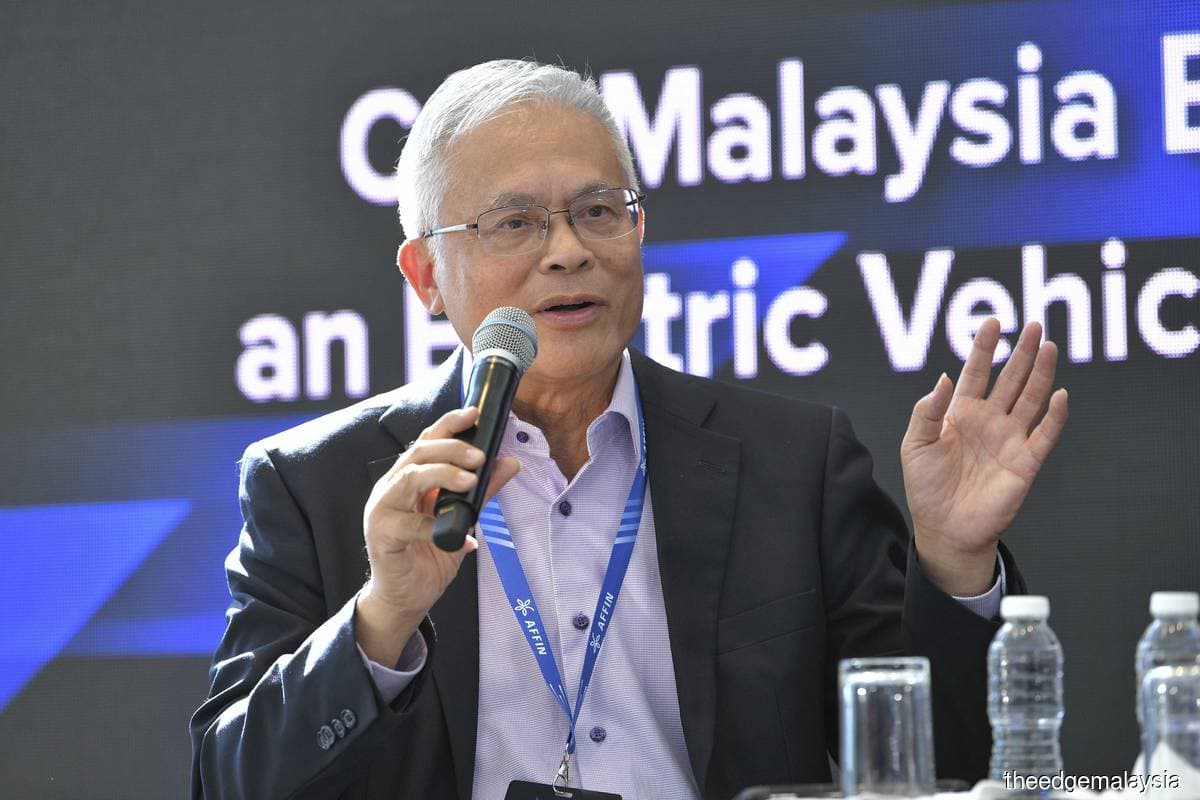Malaysia semicon players well-positioned to tap opportunities in EV component production, says industry group

Malaysia semiconductor players appear well-positioned to tap business opportunities in producing electric vehicles (EV) components given their existing expertise, especially in the outsourced semiconductor assembly and test (OSAT) segment, says Malaysia Semiconductor Industry Association (MSIA) president Datuk Seri Wong Siew Hai.
“This transition from internal combustion engine (ICE) into EV is going to be extremely disruptive. The components in an EV car is where I think Malaysia [players] are very excited," said Wong.
“EV assembly in Malaysia has limited opportunities, because [car makers] go to where the demand is. Indonesia has over 200 million population, Vietnam and the Philippines have 100 million each. Because car makers will look at ROE (return on equity). But Malaysia can supply or play at component level,” he said at the Affin Conference Series 2023.
Wong said as the OSAT sector matures in Malaysia, the industry should begin to move up the value chain going forward.
Malaysia Automotive Robotics and IoT Institute (MARii) chairman Datuk Phang Ah Tong concurred, adding that the government should also implement local content policy in helping to develop the country’s EV industry.
“We are stuck at production technology, but not moving to product technology, there is a difference. Margin is less than 5% for production technology, especially for the EMS (electronic manufacturing services) companies,” he said.
Using the Apple iPad as an example, Phang said of the US$499 (RM2,296) retail price, only US$38 is manufacturing costs while about US$8 is assembly cost, with the bulk of the profit margin mainly attributable to the design stage.
“We have to move out from that, and Singapore has done extremely well in that area because of their deep pockets, they can invest heavily in R&D (research and development). The most challenging part is China is in the [EV] game, just like solar photovoltaic in the past, we cannot compete with them.
“EV is a nightmare to a producer today, a heaven to consumers, because of all sorts of incentives, take away all the subsidies, EV is not profitable yet. Last year, only two EV companies made money, Tesla and BYD, and the bulk of their profits came from carbon credit. This is the situation we are in,” he added.
